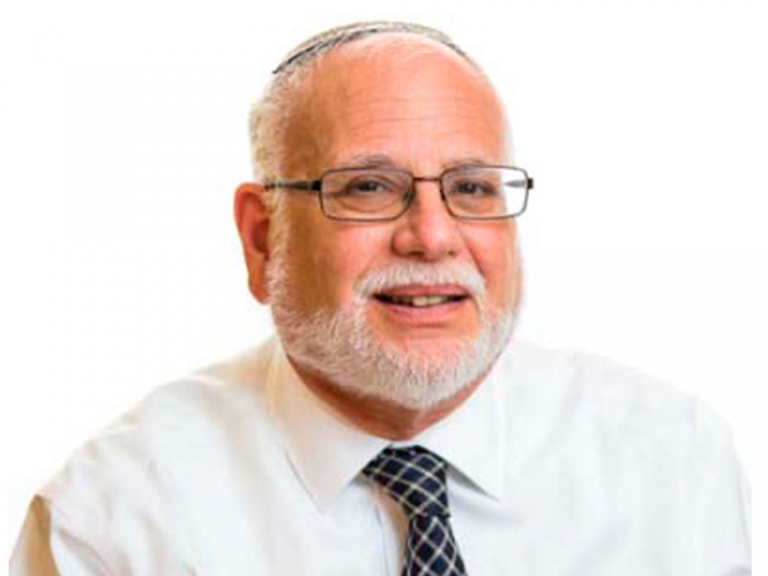D'var Torah by Dr. Kalman Stein, Interim Head of School

Dear Hebrew Academy Community:
Parashat Ki Tezeh contains seventy-four Mitzvot, more than in any other Parasha in the Torah. One of those Mitzvot is the commandment to erect a fence—a Ma’akeh—around the roof of a newly built home, a Mitzvah to which we don’t pay much attention nowadays because just about no one builds a flat roof on his/her house.
I recently heard an interesting interpretation of this Mitzvah given by Esther Fisher, a teacher at the Drisha Institute in New York. When taken at face value the Mitzvah of Ma’akeh would be classified as a communal Mitzvah, as one of the Mitzvot Bein Adam La’Chaveiro, which is intended, exactly as the Pasuk reads, to remove the danger of someone falling off the roof and, in the Torah’s words, bringing blood guilt upon the homeowner. The Pnei Menachem, Pinchas Menachem, the seventh Rebbie in the Ger dynasty, finds a deeper meaning in this Mitzvah. He writes that the need to erect a fence applies not only to a new house but also to every Hitchadshut, to every new experience or opportunity, as well as to every new year. Shanah Chadashah, a new year, is equivalent to a new house. Every new year, the Pnei Menachem writes, brings with it Orot Chadashim, new lights, that is, new and wonderful challenges and possibilities, but each of the new Orot also brings with it a Satan Chadash, new dangers. If, however, we build a fence around ourselves, if we define our boundaries and make sure we know exactly who we are and what we stand for, we can face new opportunities and explore the world around us with a great degree of safety.
I don’t think that the Rebbie of Ger had Hebrew Academy or our community in mind when he voiced this idea to his Chassidim. But in many ways this idea very well describes the mission and reality of Hebrew Academy. We believe first and foremost in the primacy of Torah and in commitment to a life of Torah and Mitzvot. We work to foster that unambiguous religious identity within each of our students. But we do not believe that Chadash Assur Min HaTorah, that the modern world is by definition a forbidden realm. We see the fence, the strong religious identity our students are encouraged to develop, not as limiting but rather as enabling. It allows us to experience the modern world with the confidence that the Ma’akeh we’ve constructed for ourselves will keep us safely within the Mesorah of authentic observant Judaism.
Shabbat Shalom,
Dr. Kalman Stein
Interim Head of School

